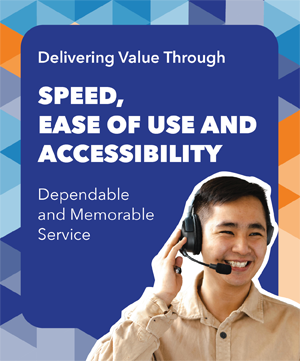Over the past few years, several summer storms and wildfires have made national news. Flash flooding, hail, hurricanes and tornadoes are becoming more widespread, so it’s important for you and your insureds to stay vigilant this summer.
The first step in preparing for summer storms and other natural disasters is to determine which types are most likely to affect you. For example, coastal areas are more likely to experience flash flooding, heavy rains and hurricanes while the Great Plains have a higher tornado exposure.
The Business Resource Center — a free value-added service for all USLI policyholders (and you, our appointed customer) — provides resources to help prepare for these events. Visit our Disaster Preparedness page to access information about earthquakes, hurricanes, tornadoes, wildfires and more.
You’ll notice that one of the top tips for preparing for summer storms is to inspect your roof. Here are four simple tips to prepare your roof for rain, wind and hail:
- Inspect your roof: Look for loose, broken or missing shingles. Rain can get inside the cracks and cause leaks; high winds can dislodge loss shingles.
- Make repairs: Have roof repairs made by a licensed and insured contractor. Save money by making repairs before a storm occurs.
- Clean gutters: Clean out any leaves, branches and debris clogging your gutters; rainwater can back up causing roof leaks.
- Trim foliage: Overhanging tree limbs can break during a storm, causing damage to your property.
Another helpful tip is to sign up for your community’s emergency warning system such as the Emergency Alert System (EAS) and the National Oceanic and Atmospheric Administration (NOAA) Weather Radio to receive emergency alerts so you and your family can prepare and take shelter. Additionally, disastersafety.org provides ways to protect homes and businesses from property damage caused by natural disasters. This site is a product of the Insurance Institute for Business & Home Safety (IBHS).
Saving money, time and peace of mind go a long way in building and maintaining relationships with your policyholders. Take the proactive approach! Share these resources with your insureds to add value while helping to keep their families and businesses safe.








